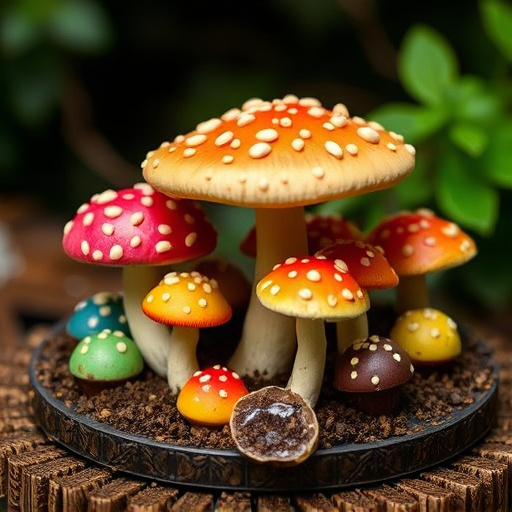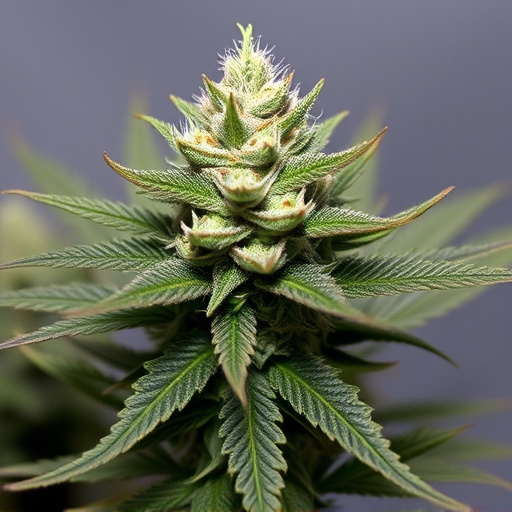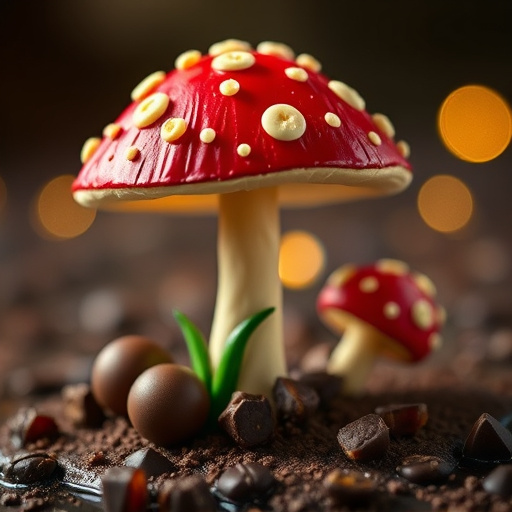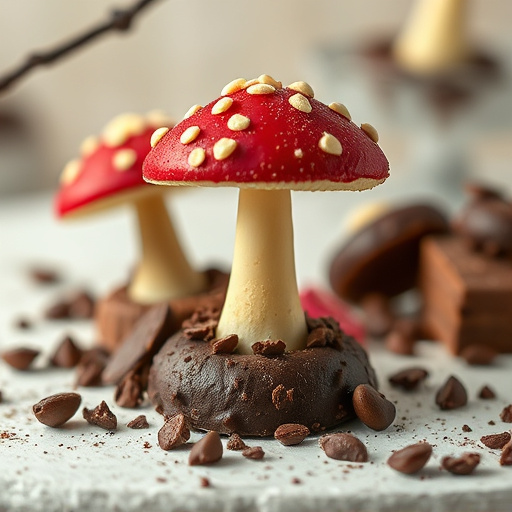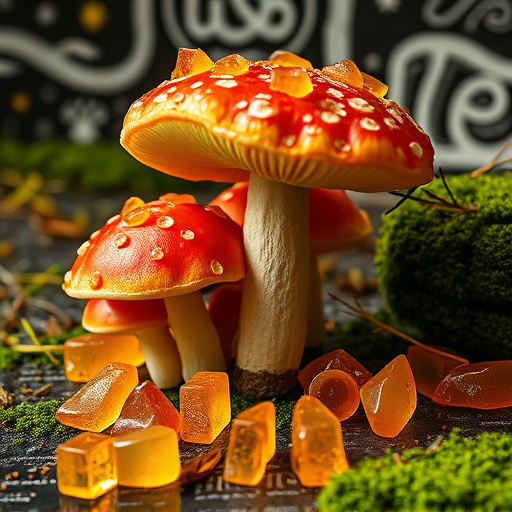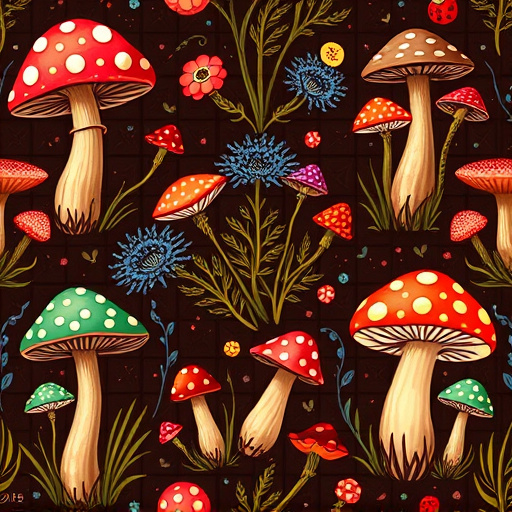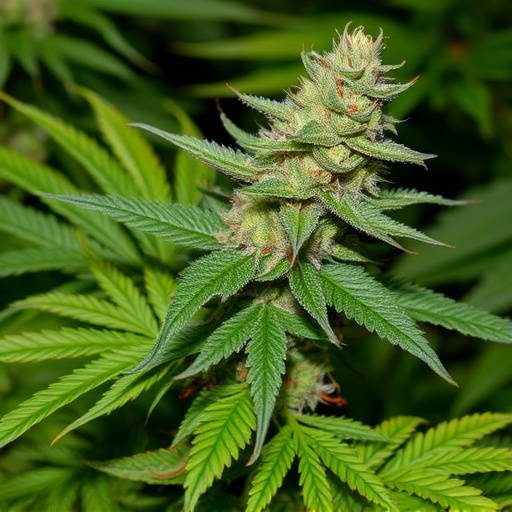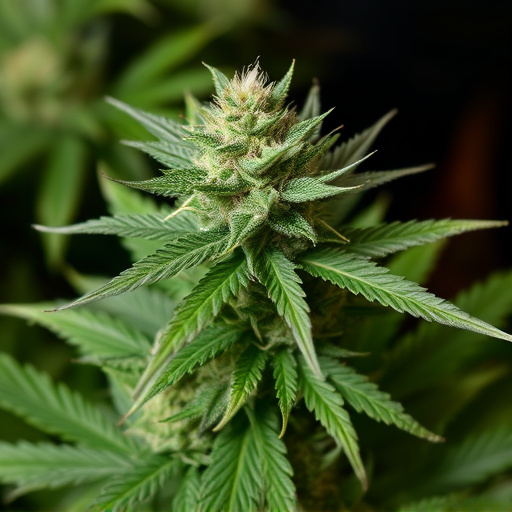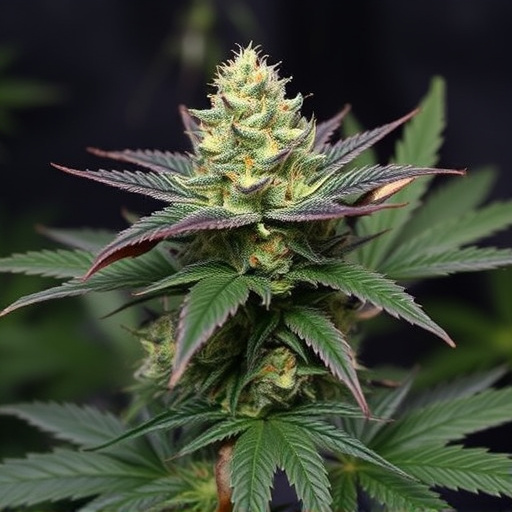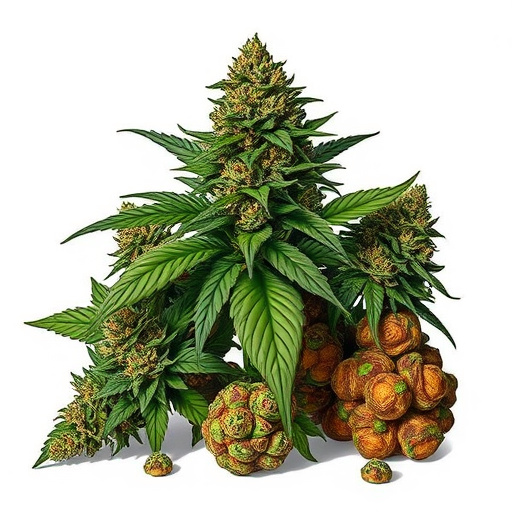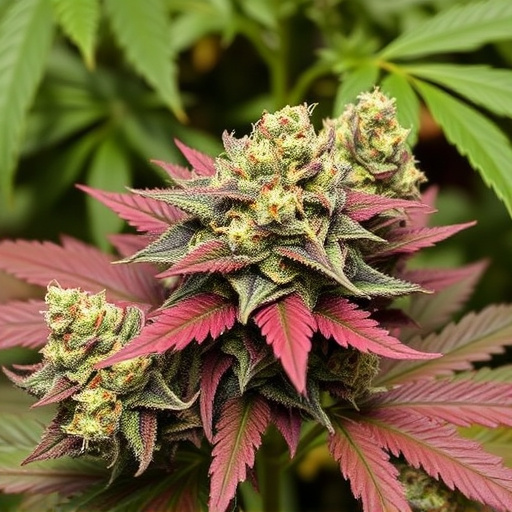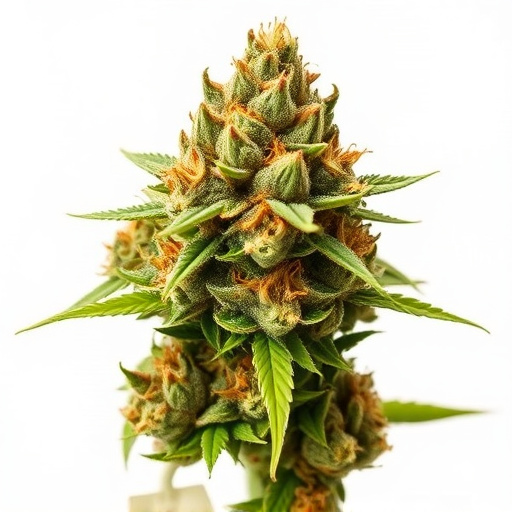Jamaican weed strains' global popularity stems from their unique terpene profiles, particularly the combination of myrcene's calming effects and limonene's citrusy notes, creating a soothing yet joyful high. Terpenes, aromatic compounds in plants including cannabis, significantly influence the flavors, fragrances, and therapeutic properties of different strains. They interact with cannabinoids like THC and CBD to offer diverse user experiences tailored to preferences and needs, enhancing overall cannabis enjoyment.
“Terpenes, often overshadowed, are the unsung heroes behind cannabis’ diverse effects. These aromatic compounds not only contribute to the distinct scent and flavor of different strains but also play a pivotal role in shaping the plant’s therapeutic potential. In this article, we explore the intricate relationship between terpenes and cannabis, with a special focus on their influence on Jamaican weed strains. Unraveling their secrets promises to deepen our understanding of this complex interplay.”
- Understanding Terpenes and Their Role in Cannabis
- The Impact of Terpenes on Jamaican Weed Strains
- How Terpenes Influence Cannabis' Therapeutic Properties
Understanding Terpenes and Their Role in Cannabis
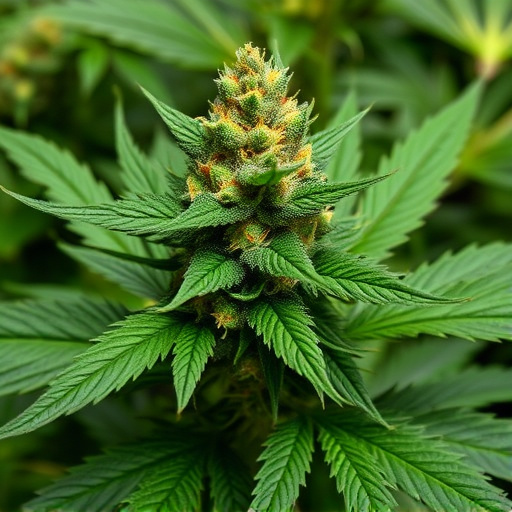
Terpenes are a diverse group of aromatic compounds naturally present in many plants, including cannabis. They contribute significantly to the unique flavors and fragrances associated with different strains. In the context of Jamaican weed strains, known for their distinct profiles, terpenes play an intricate role in shaping the overall experience. Each terpene offers specific effects, interacting with cannabinoids like THC and CBD to create a complex interplay of sensations.
These compounds not only enhance the taste and smell but also influence the therapeutic properties of cannabis. For instance, myrcene, a common terpene in Jamaican strains, is known for its calming and sedative effects, making it potentially beneficial for relaxation and sleep. Understanding terpenes allows consumers to make informed choices, ensuring they get the desired experience from their preferred jamaican weed strains.
The Impact of Terpenes on Jamaican Weed Strains
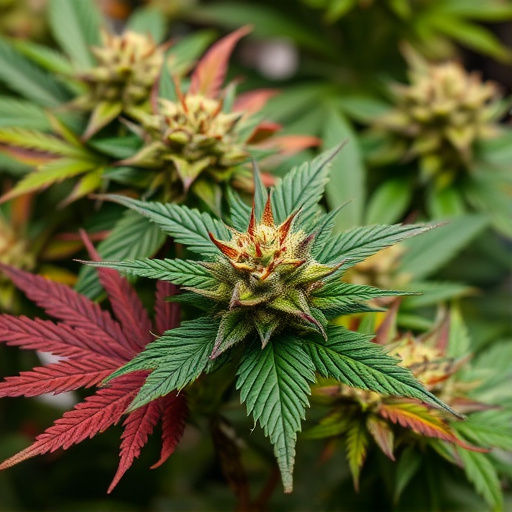
Terpenes, the aromatic compounds found in cannabis, play a significant role in shaping the unique effects associated with different strains. In the context of Jamaican weed strains, these terpenes contribute to their distinctive characteristics and popularity worldwide. The lush, tropical aromas often attributed to Jamaican cannabis are not just a result of its geographical origin but also the specific terpene profile it possesses. Myrcene, a common terpene in many strains, is known for its earthy, musky scent and is believed to enhance the relaxing and sedative effects of cannabis, making Jamaican strains particularly sought-after for their calming properties.
Additionally, limonene, with its bright, citrusy notes, adds to the vibrant profile. This terpene is linked to uplifting and energizing effects, creating a balanced experience that resonates with users seeking both relaxation and mental clarity. The combination of these terpenes and others unique to Jamaican strains creates a complex interplay of senses, contributing to the strain’s reputation for providing a joyful, yet soothing, high.
How Terpenes Influence Cannabis' Therapeutic Properties
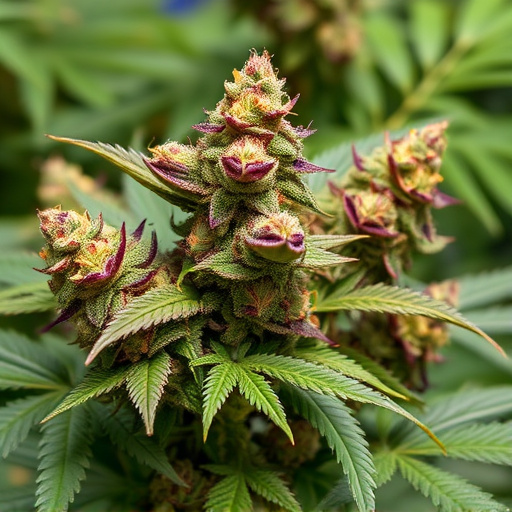
Terpenes, aromatic compounds found in many plants, play a pivotal role in shaping the therapeutic properties of cannabis. These natural chemicals contribute to the unique effects experienced by users, often enhancing or altering the overall high. For instance, Jamaican weed strains, renowned for their robust aromas and potent effects, owe much of their appeal to specific terpene profiles. Myrcene, a common terpene in these strains, is linked to relaxation and pain relief, making it attractive for medicinal purposes.
The influence of terpenes extends beyond aroma; they interact with cannabis’s active compounds, like THC and CBD, to create complex effects. Some terpenes amplify the psychoactive effects of THC, while others may mitigate its anxiety-inducing potential. This interaction highlights the importance of terpene diversity in cannabis strains, offering users a range of experiences tailored to their preferences and therapeutic needs.
Terpenes play a pivotal role in shaping the unique effects and therapeutic potential of cannabis, particularly in distinctive strains like Jamaican weed. By understanding their intricate relationship with cannabinoids, we can better appreciate the diverse range of experiences users may encounter. Further research into these natural compounds promises to unlock new avenues for optimizing cannabis-based treatments, highlighting the importance of terpene profiles in both medicinal and recreational applications.
